Make_Sense Mexico - Week One Whirlwind
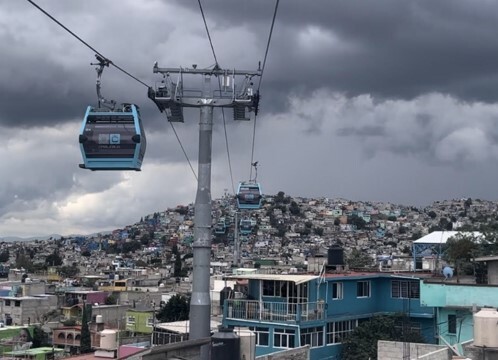
The phrase ‘whirlwind start’ took on a more literal meaning for me this week as I embarked upon my journey to ‘Make_Sense Americas’ for my summer of Leadership in action (LiA). Intercepted by hurricane Beryl, I finally touched down in Mexico City at 5 a.m, luggage-less and 7 hours delayed.
If you have never arrived to your first day of work in a foreign country, wearing the same T-shirt you’ve been wearing for 30 hours, and without so much as a toothbrush to your name, I can tell you now there is no feeling of vulnerability quite like it. However, it is at this time, in my very first days, that I have really fallen for Mexico City. Kindness has been a common currency here, from the generosity of scholars I have just met, to the patience of storeowners, to the accommodation of the Make_Sense team, I have rarely felt so supported to succeed.
It is this steadfast support which has given me the grounds to truly put my best foot forward and lead with confidence upon my arrival here, despite my disarray. This statement, I feel, is exemplified by my volunteering, alongside another scholar, to lead the first of our cohort’s ‘inspirational mornings’ this week. These mornings are one hour slots in which scholars must innovate a creative output that serves to inspire others in our mission and create a sense of community through shared activity. For our inspirational morning, my partner and I drew influence from the Dublin Laidlaw Conference 2023 and lead a session inviting scholars to use music to connect and communicate emotions that can often be hard to put into words. I am pleased to report that this activity was met with resoundingly positive feedback and engagement, sparking discussions and highlighting commonalities (and differences), as intended, to strengthen our sense of community.
~~~
Turning the attention of this reflection now to a different community, I would like to introduce my official LiA partner – Nidaria – who I will be joining here in Mexico. Nidaria is a small business lead by Rodrigo Gaviño which focuses on reducing the food waste problem in Mexico City. The company facilitates food waste collections, creating either compost or animal feed from what they gather and thereby making use of ‘old’ food to nurture ‘new’ food; feeding the circular economy. As we learned in a talk from expert Céline Tapia earlier this week, 40% of all waste generated by Mexico City is, in fact, organic, therefore I find myself very excited to be involved with a business that is really tackling one of Mexico’s most prolific problems through the lens of sustainability.
In the coming weeks, I and the Nidaria team will work together to recruit volunteers and finalise an output that we will collectively work to bring to life. To do this we will use the innovation techniques taught to us daily by the Make_Sense programme and draw inspiration from various ‘cultural fieldtrips' to sites where charities or small businesses have really succeeded in their mission to alleviate socio-environmental issues.
With this on the horizon, I find myself eager to develop our plan of action and extend my thanks to the Laidlaw Programme for funding such an opportunity.
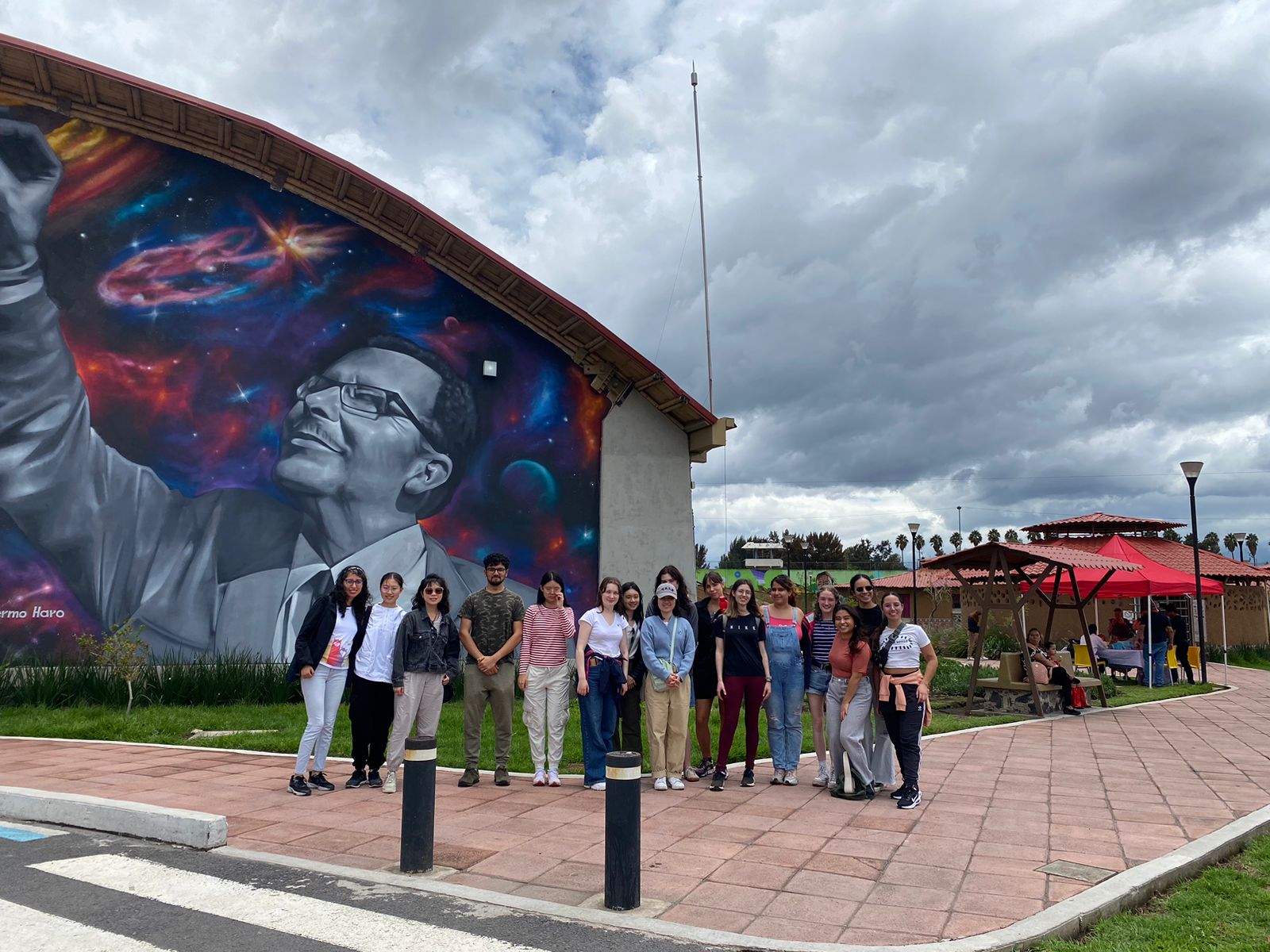
Cultural fieldtrip 1: Our cohort visiting UTOPIA Libertad in one of Mexico’s more deprived neighbourhoods, Iztapalapa. A UTOPIA is an area created and run by the municipality to be a place of rest and learning for residents. With spaces for everything from math lessons to jewellery making, an observatory to a butterfly dome, the UTOPIA really focuses on the idea that improving lives shouldn’t always be purely about raising economic status. Rather, it should include protecting citizens’ rights to relaxation and access to safe and beautiful spaces for spending free time.
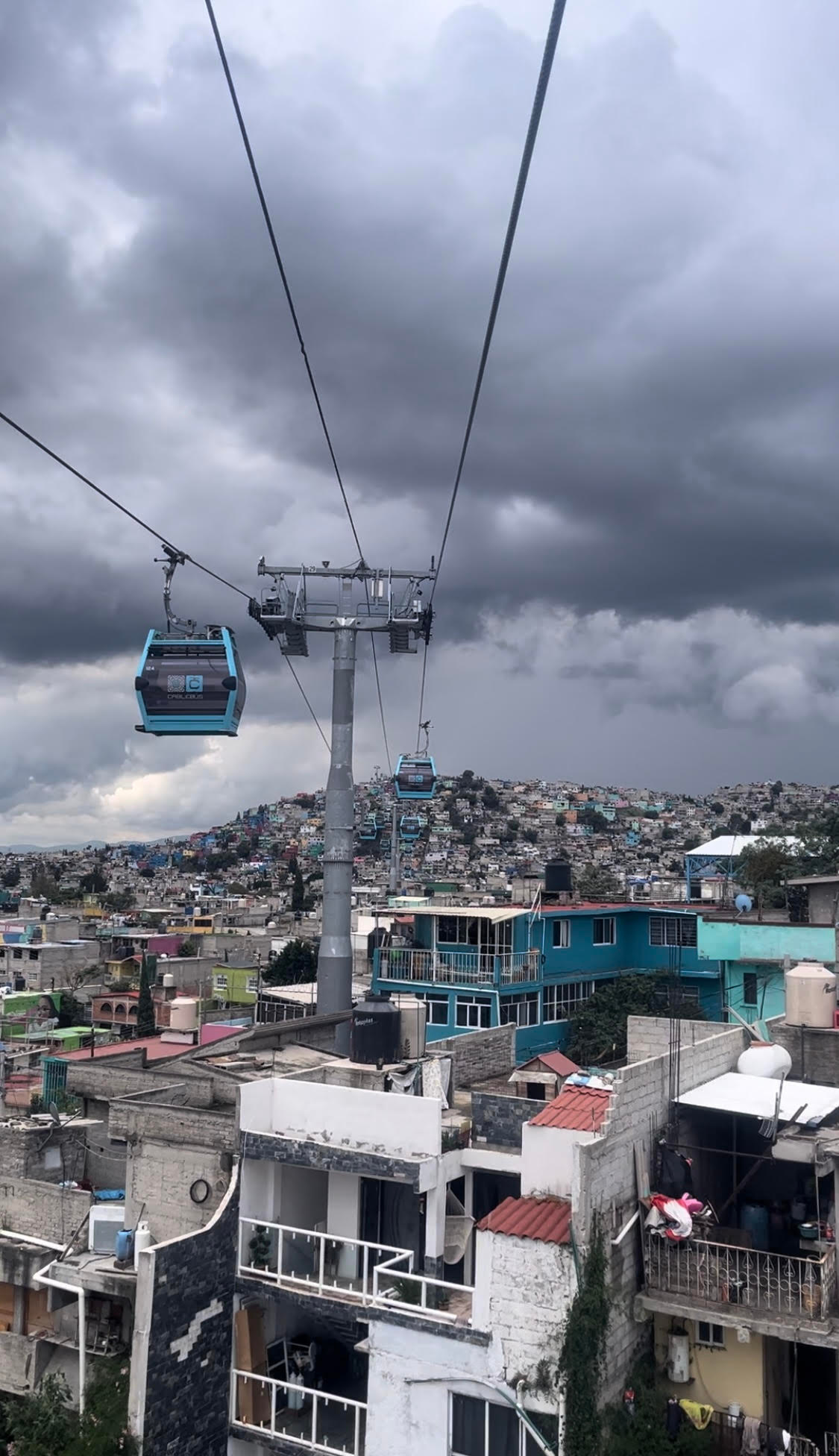 Iztapalapa as viewed from a cable car. The narrow and less organised roads that are prevalent in Iztapalapa make this form of transport far more efficient than a bus or car. Individual cable cars also provide increased dignity as all users must be seated and therefore standing in crammed conditions cannot occur here as it might on a bus.
Iztapalapa as viewed from a cable car. The narrow and less organised roads that are prevalent in Iztapalapa make this form of transport far more efficient than a bus or car. Individual cable cars also provide increased dignity as all users must be seated and therefore standing in crammed conditions cannot occur here as it might on a bus.
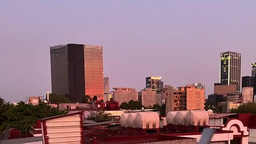
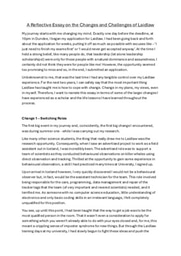

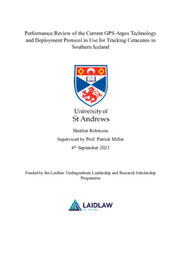
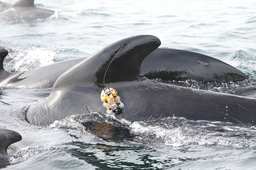
Please sign in
If you are a registered user on Laidlaw Scholars Network, please sign in